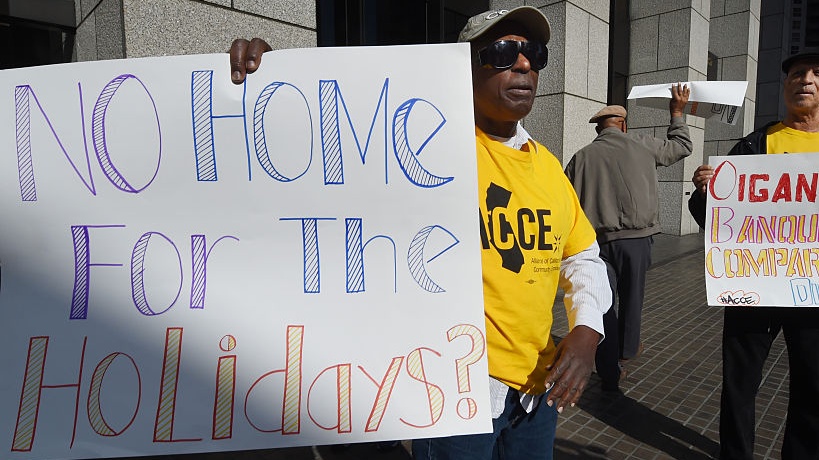The ability to raise discrimination complaints under the Fair Housing Act was made more complex on Monday, due to a proposed rule from Ben Carson's U.S. Department of Housing and Urban Development. Carson serves as its secretary, chosen by President Donald Trump.
Monday's proposal replaces an Obama-era rule to curve practices in discriminatory nature against minority citizens. While the Supreme Court has recognized disparate impact — rules affecting one group more than another — as prohibited under the Fair Housing Act, but the new rule would substantially raise the burden of proof for parties claiming discrimination.
Currently, disparate impact cases follow a three-step system; a plaintiff makes an allegation, a defendant offers a rebuttal, and then the plaintiff responds. According to CityLab, under the new rule, the process would be moved to five steps and they would all be placed on the plaintiff:
- Plaintiff(s) will prove a policy is “arbitrary, artificial, and unnecessary” to achieve any valid interest
- Plaintiff(s) will need to demonstrate a “robust causal link” between the practice and the disparate impact
- Complaining parties will be required to show the policy negatively affects “members of a protected class” based on race, color, religion, sex, family status, or national origin
- An indication the impact is “significant”
- Plaintiff(s) will have to prove the “complaining party’s alleged injury” is directly caused by the practice in question
“This is a proposal to very dramatically revise and effectively destroy an existing 2013 civil rights regulation,” said Megan Haberle, deputy director for the Poverty & Race Research Action Council, according to CityLab. “This is a core part of the Fair Housing Act, and very early fair housing cases across the country have recognized the discriminatory effects standard.”
The new HUD rule would also establish multiple new defenses for landlords, lenders, and others accused of discrimination based on models and algorithms.
“Fundamentally, if this rule is adopted, and disparate impact is no longer available as a legal bulwark against facially neutral or unintentionally discriminatory policies,” said Urban Institute Senior Fellow Solomon Greene, according to CityLab, “we’re in a lot of trouble.”
Carson has been rumored to change the law since January.
